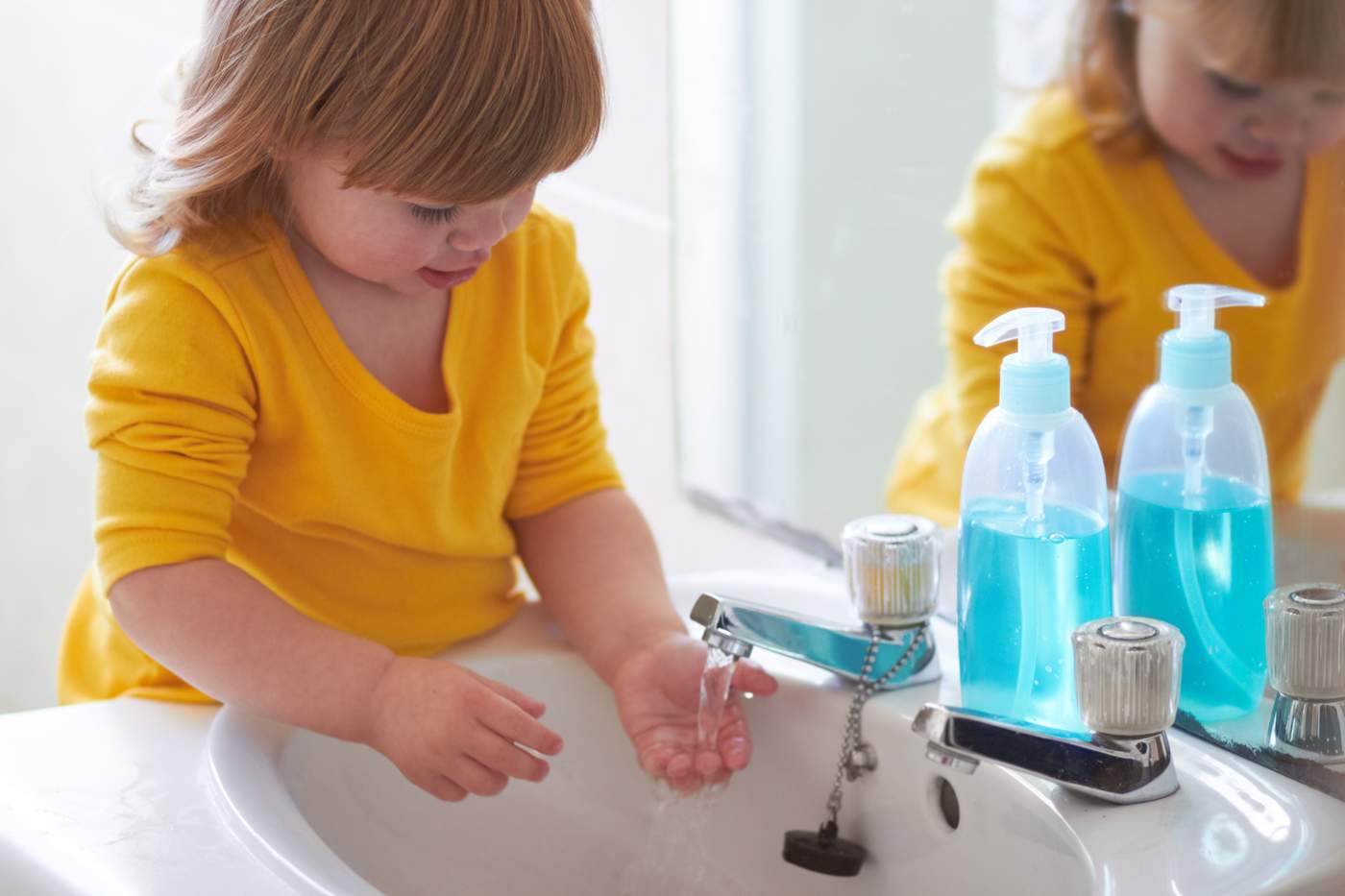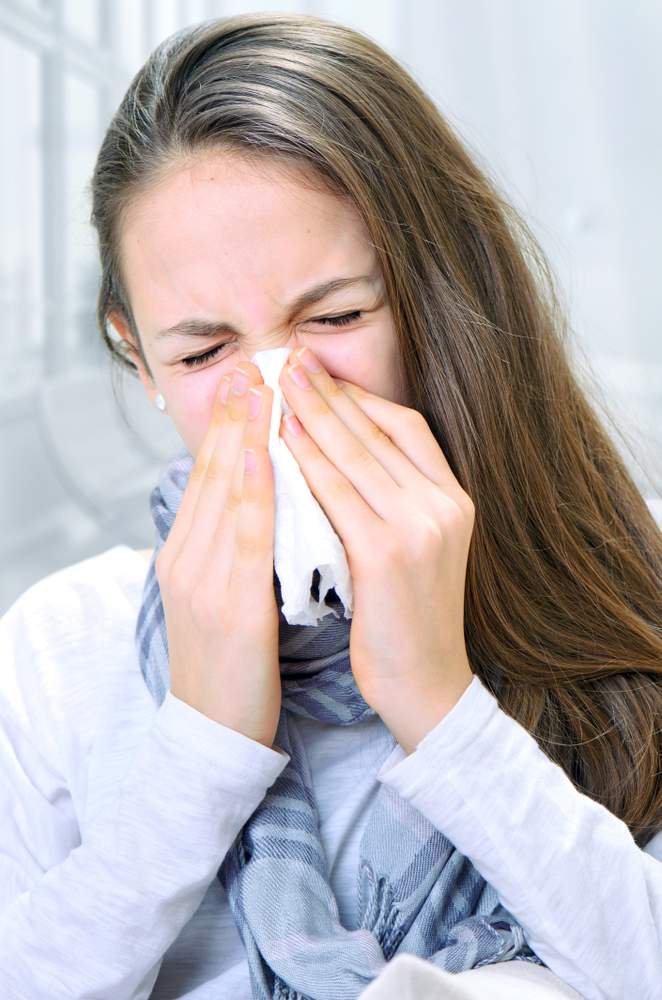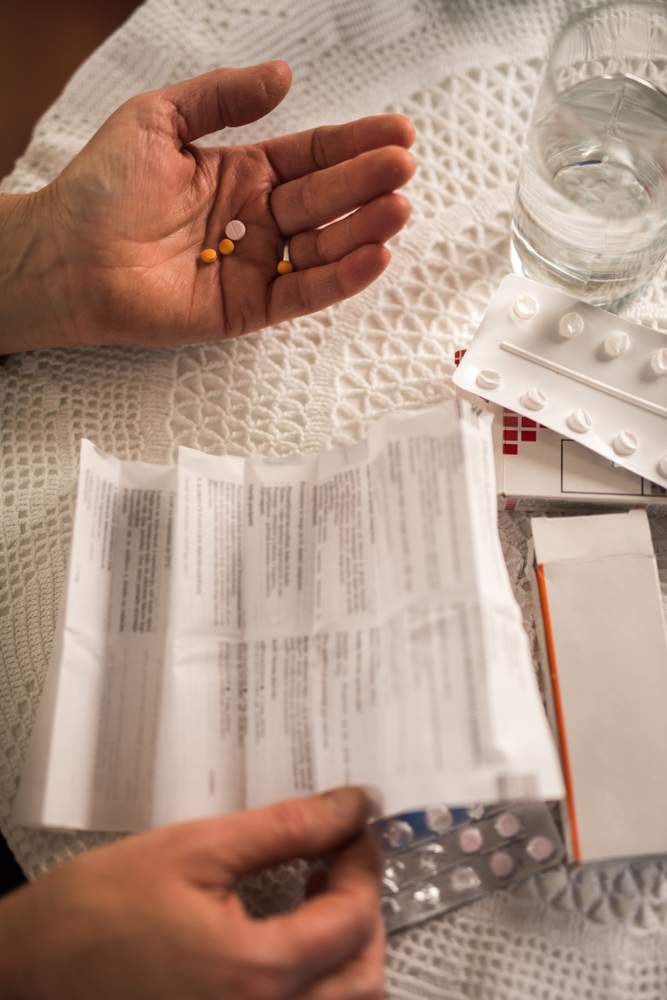Global estimates suggest that every year more than 700,000 people die from drug-resistant strains of common bacterial and viral infections, HIV, TB and malaria.
If antimicrobial resistance continues to increase, this number could rise to 10 million a year by 2050, with people dying from common infections, or from routine operations due to the risk of infection.
This guidance published by NICE aims to support NHS organisations, local authorities, and health and social care professionals to provide accurate information to people in their care.
The recommendations include telling patients that they should not buy prescription-only antimicrobials online, share them with others or use them as preventive measure against becoming ill on holiday.
NICE also says that any leftover antimicrobial medicine should not be kept for use at another time or disposed of by flushing it down the sink or toilet. Medicines can be taken to pharmacies where they can be disposed of safely.
“If antimicrobial resistance continues to increase, the consequences will be disastrous. It isn’t a problem we can tackle in isolation.
“This is why our final guideline emphasises the need for a multi-pronged approach to tackling antimicrobial resistance. We must work together to fight this threat.”
"We need to address the growing problem of drug-resistant infections as the global medicine cabinet is becoming increasingly bare.
"Preventing infections in the first place is key, and so is education on how to use antibiotics appropriately. This guidance provides important information on how we can keep these important medicines working."






